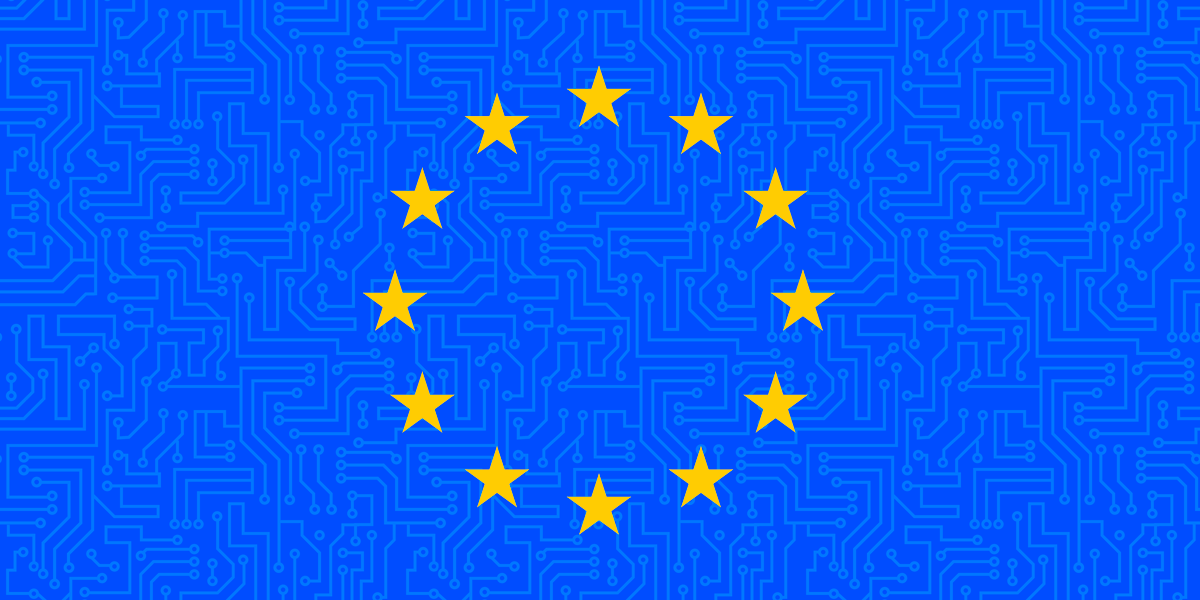The executive body of the European Union is pushing forward with a proposal that will endanger privacy and security for us all. When this proposal was made public by the EU Commission last month, we said it was a terrible idea. Today, we’re joining together with more than 70 organizations in Europe and around the world to explain how dangerous this proposed law will be.
The Commission’s proposal would compel a broad range of technology companies to scan and analyze their users’ messages, in the name of fighting crimes against children. Email, texts, social media messages, and DMs could all be subject to plain-text access and scanning. It could eviscerate end-to-end encryption by installing client-side scanning on our devices.
Our letter explains the many ways that this EU scanning regulation puts us all at risk. Lawyers, journalists, human rights workers, political dissidents, and oppressed minorities—the people who need secure communications the most—will be the most affected. This also harms abused and at-risk children, who need to securely communicate with trusted adults to seek help.
These vulnerable people will be subject to constant law enforcement scans in the EU. Beyond the EU’s borders, it could be even worse. Once these special access systems are built, we can be sure that more authoritarian countries will demand the same ability to read our messages.
Today we’re officially asking the EU Commission to withdraw this proposed regulation. If they don’t, we’re going to fight hard to get it stopped in the European Parliament. As our letter explains, the EU has fought to be a “beacon of human rights,” setting global standards for privacy and data protection. “But with the proposed CSA Regulation, the European Commission has signaled a U-turn towards authoritarianism, control, and destruction of online freedom.”
Our right to have a free and private conversation is critical to democratic participation. EFF will keep fighting for that right—and will remind lawmakers, in any country, that there’s no exception for the online world.









